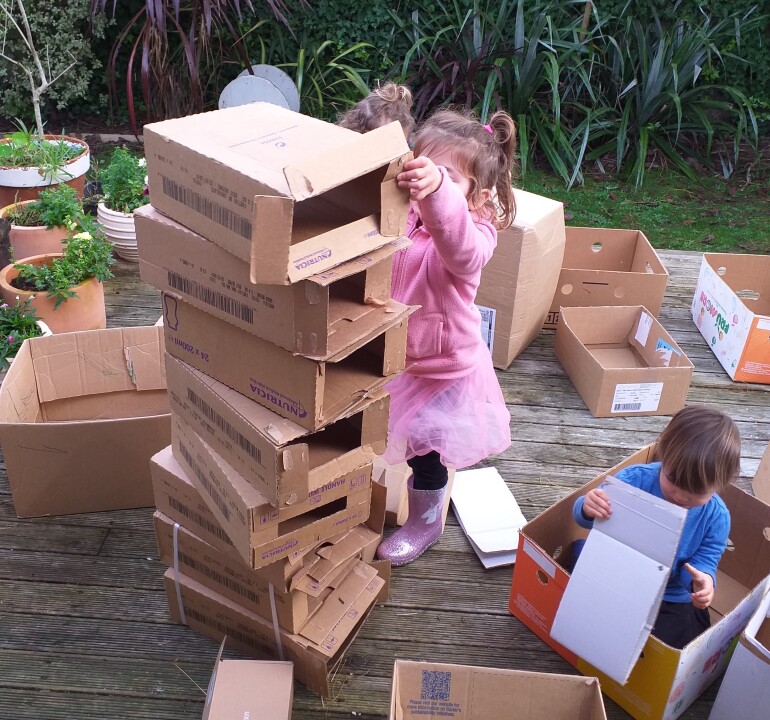News And Events

Social Interactions
11 May 2020Infants are social beings from birth. They are born ready to engage with those around them and to learn through their interactions with others. A child learns from the tone of a voice, facial expressions and gentle touch of whānau. Positive interactions ensure a child grows to feel safe and secure. A child’s social learning is supported and promoted within the closeness of whānau and Educators who are dedicated to observing, responding to, and caring for them.
Infants learn to express their readiness for social communication and interactions with smiles, mimicking sounds, and expressions. They turn to those that talk to them and extend their arms to be picked up and hugged. By encouraging social exploration in small and safe ways, we support an infant to confidently explore their wider world.
As children grow, we learn about their readiness to explore and experiment with and expand their social world through their interests and preferred ways of playing. A child starts by playing alone and observing others, to being engaged in parallel play. Parallel play is when two or more children are focusing on their own activity in close proximity to one another. They are interested in each other but not yet ready to interact together.
The last step is to develop a greater social confidence and curiosity, and begin to enjoy co-operative play with others. It is in this stage that a child develops their social skills, sharing of ideas, taking a creative lead, and accepting and responding positively to others’ suggestions. Children with good social skills are more likely to be successful in their learning and relationships.
Whānau and Educators can together support developing social skills by intentionally role modelling to support a child to develop the skills needed to initiate and maintain friendships, navigate and learn from peer conflict, and communicate and interact positively with others. Positive social behaviours include, sharing, co-operating, problem solving, helping, and showing kindness to others.
These behaviours are underpinned by language skills, empathy and self-control. Visiting Teachers support our Educators to role model and scaffold social skills for children and support opportunities for children to try out what they have learned in their wider community by attending playgroups and Discovery Days.


